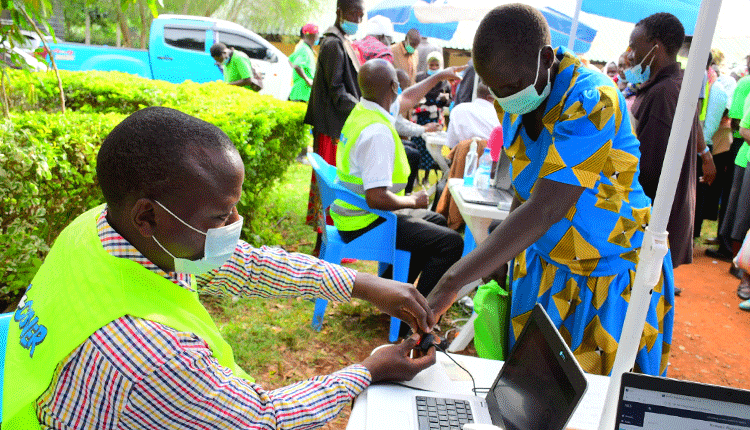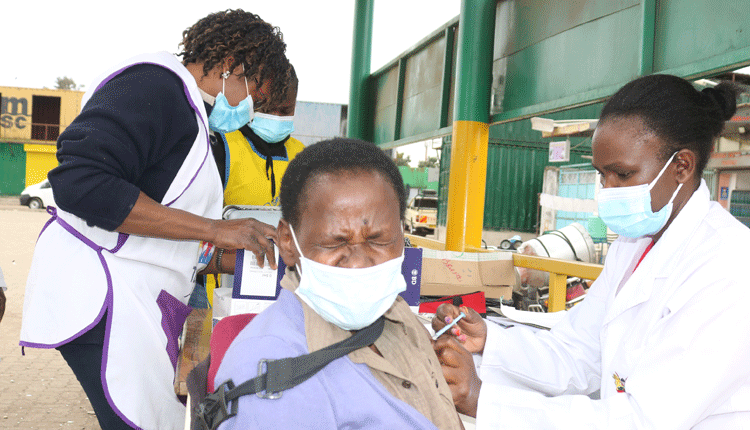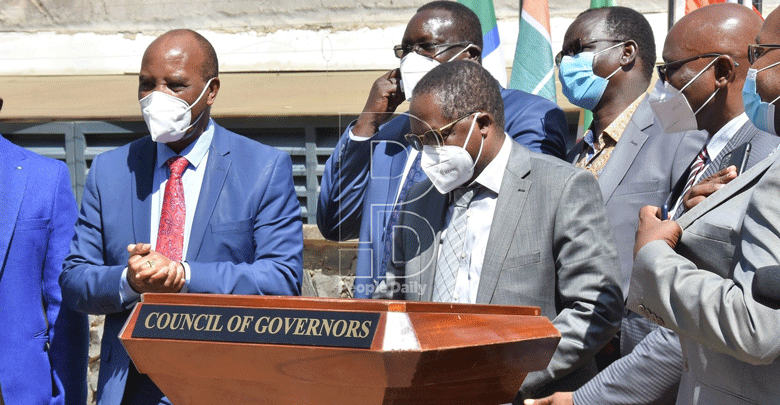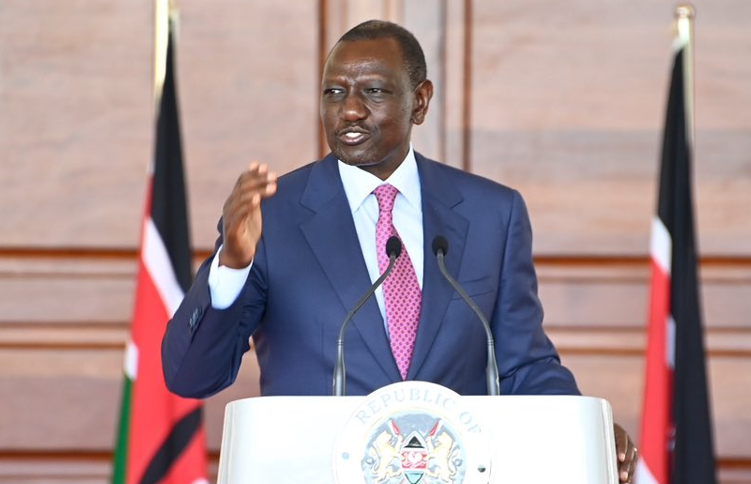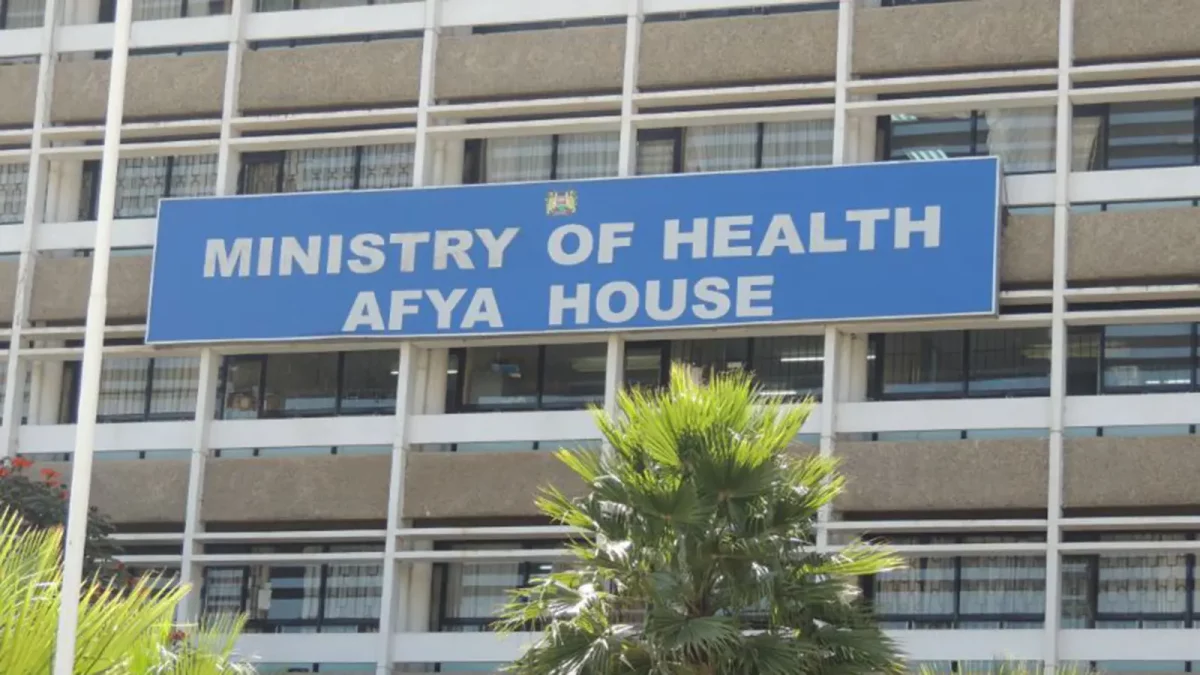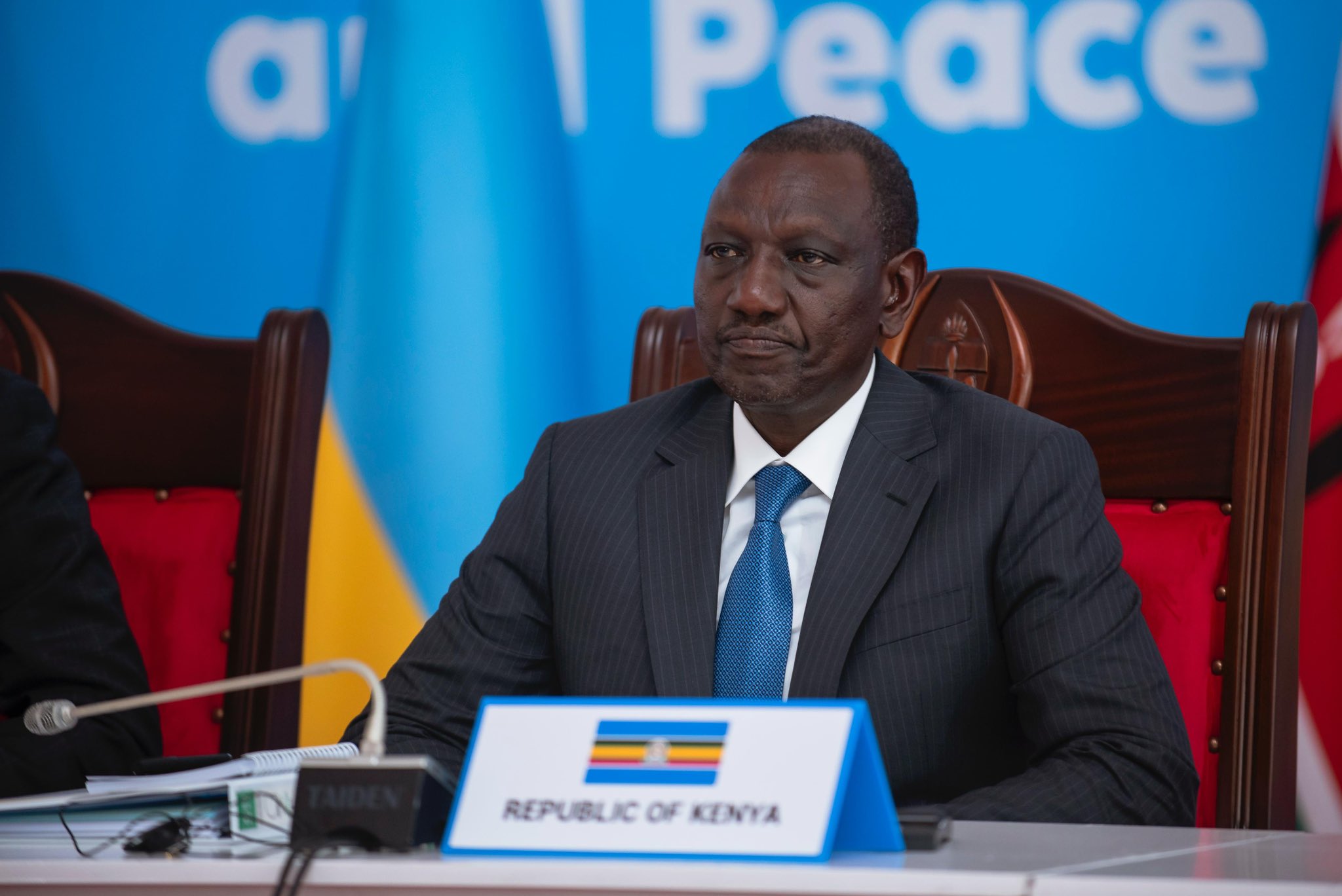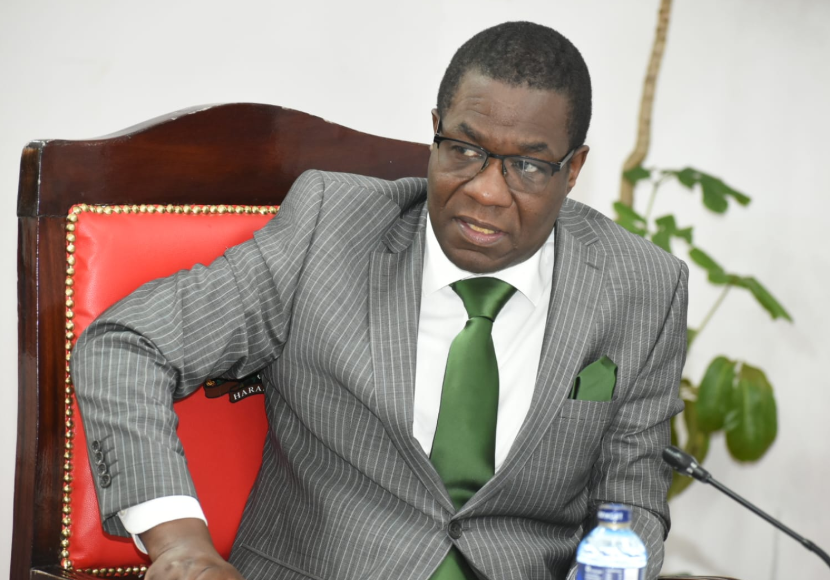Duo gives Macmillan Memorial library vital facelift
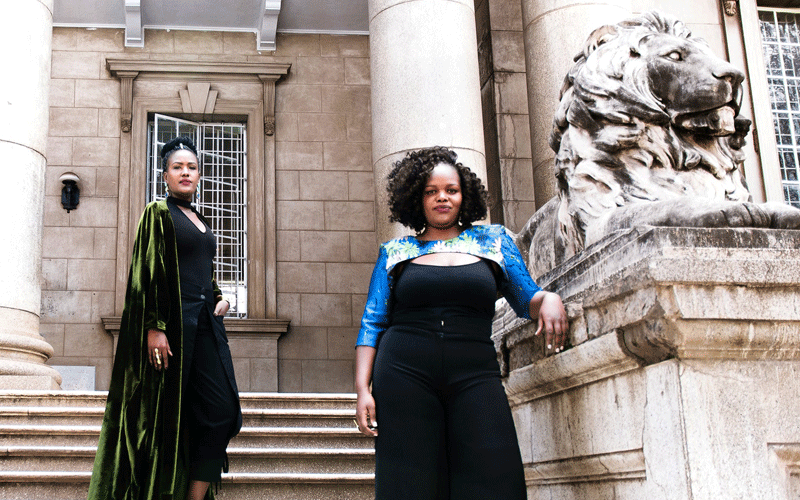
Harriet James @harriet86jim
Public libraries are vital as storehouse of knowledge; they mould character of cities. Yet, most public libraries are in dilapidated conditions and require a facelift.
At the end of 2018, author Wanjiru Koinange and publisher Angela Wacuka, founders of Book Bunk, conducted a research and found out that contrary to popular opinion that Kenyan’s don’t read, 300 people were walking in and out of public libraries every single day to use them.
For this reason, three years ago, they set up Book Bunk to give public libraries a new lease of life after decades of neglect.
“Our mission is to restore public libraries, to convert them not just from a physical perspective but also from a social and experiential perspective.
In a sense, what are other people doing in their spaces, what are they getting access to, what are they reading and what kind of services are in public that we can bring to the libraries,” starts Wanjiru.
They have three projects, with Macmillan Memorial Library as the flagship and others in Makadara and Kaloleni in Nairobi.
Two years before the renovations, the duo spent time doing a lot of programming work, events and research, and when the funds came, they began physical restoration, starting with Kaloleni.
However, Covid-19 happened and with it came new rules and regulations on how construction work should continue.
At that point, the two had already hired 28 people as casual labourers for the project.
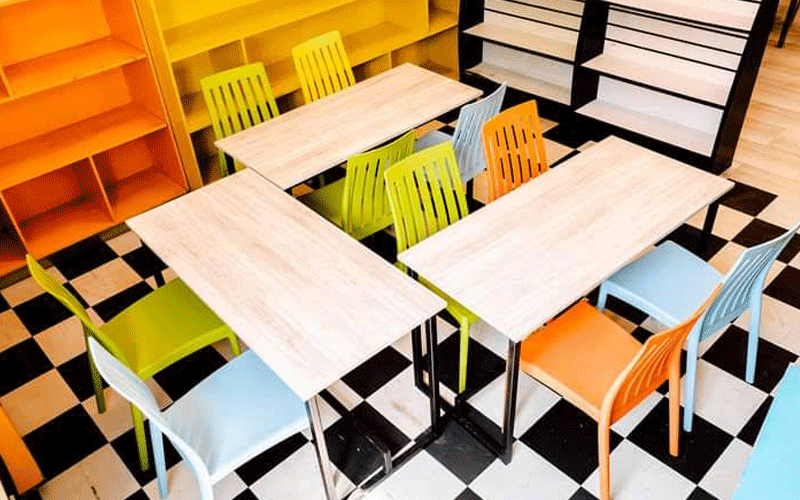
Luckily, by the time the new regulations were set, they had already done the bulk of renovation and all that was left was just painting and tiling, which could be done by fewer staff members.
“It didn’t feel right for them to stop because they were relying on the cash to survive. We began looking at how they could space out work, even though it would take longer, but it meant that we could still keep them.
They were able to do that and currently they have completed the renovation of first branch,” she says
Though risky, they used local people to work on the project to make them feel part and parcel of it. Since land grabbing is prevalent in these areas, most locals look at those who walk in with projects suspiciously, thus educating them on the project’s significance was not a walk in the park.
“It wasn’t a one day or week event to convince people of our intention. We had to go there time and again trying to sell the idea to them that public spaces can be beautiful and functional whether they are in Runda or Kaloleni,” says Wanjiru.
The Kaloleni project is now complete and the community is vigilant in safeguarding it and ensuring that there is no vandalism.
Working with the government has been a challenge and a bonus for the pair.
A challenge because bureaucracy in these institutions makes things drag than they would if handled by a private entity.
Nevertheless, meeting kind people in offices made it easier for them navigate things that could have take a long time to deal with. The second challenge has been financing their project.
Operational funding
“Operational funding is our greatest challenge. It’s shocking to me that in this day and age, people still expect to have their names on the building when they support a project without even catering for salaries of people who do the work.
Wacuka and I struggle to find cash to pay our people’s salaries, to give the people committed to the project good life and not have to worry about anything.
It breaks my heart all the time because we don’t struggle to find money for events or research, yer for salaries, it is a struggle,” she explains.
The pandemic has made the two think of future libraries, which is leaning towards being more technological.
“We are currently creating a framework on what digital adoption will look like.
The Makadara Library is full of university students and teenagers, which will force us go digital because young people in that age bracket are using technology.
This means we must have plans for high speed internet, tablets and we must also have a place where people can experiment with coding; that’s the future of libraries.
I think libraries as public spaces needs to evolve into more of community centres instead of rooms full of books.
This evolution cannot ignore tech or it’s bound to fail,” she adds.
With Macmillan, they are trying to Africanise the library.
Library and culture
“When the Macmillan Library was opened in 1931, black people weren’t allowed in. Presently, if you look at the collection, you’ll realise the content was not meant for Kenyans.
On the other hand, the library in Kaloleni is such a significant one in our history, but no one talks about.
The building became the unofficial parliament before it was even set up,” she says.
The pair has been trying to reconnect libraries with cultures and to have African literature and art represented.
Understanding the youths are idle during this pandemic and that going to libraries has been prohibited due to health risks at the moment, the organisation has also been trying to take the library to the local’s homes.
“We hired people to find out how many children live in every single estate and in Kaloleni, we found out that they were about 190 children.
We appealed to our partners and friends for colouring books, toys and novels and walked around giving the kids in their homes,” she recalls
So far, Kaloleni was just a pilot project in as far as the book donation drive was concerned. They plan to do this in Makadara as well.
“The future is more libraries and we want to create a template, which can be replicated in as many libraries as possible.
We want to create a team in whatever spaces that we can who can carry out the work and have more libraries than bars,” she says in conclusion.
